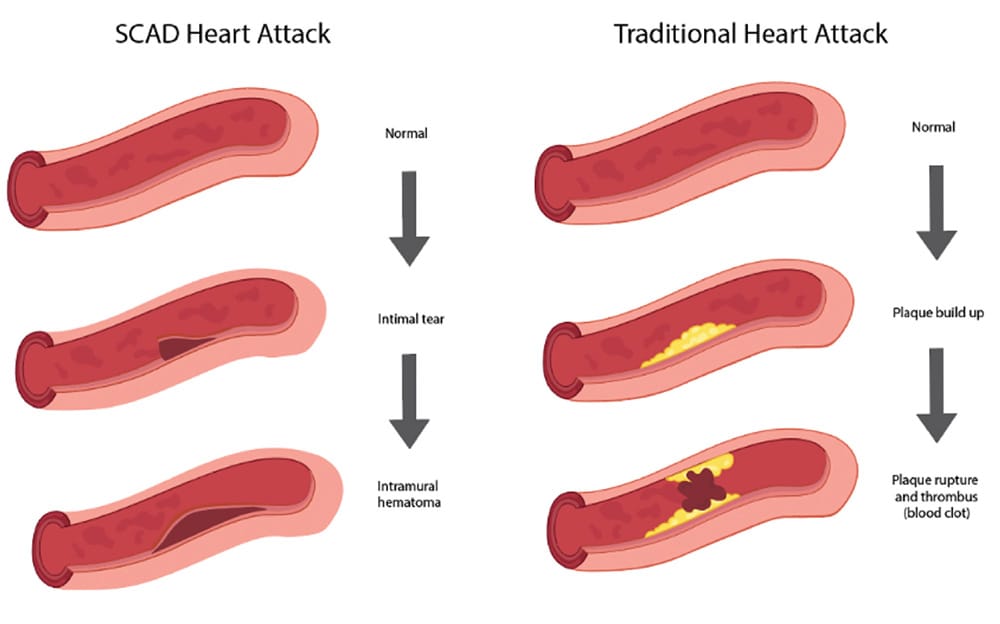The recent surge in norovirus cases in the United States has caught the attention of health officials, particularly the Centers for Disease Control and Prevention (CDC), which has issued warnings regarding the implications of this outbreak. Norovirus, often referred to as the “winter vomiting bug,” is a highly contagious virus that can cause gastroenteritis, leading to symptoms such as vomiting, diarrhea, and stomach cramps. The CDC’s reports indicate a troubling upward trend in cases, prompting a call for increased public awareness and preventive actions.
Norovirus is notorious for its ability to spread rapidly, especially in crowded settings such as schools, nursing homes, and cruise ships. The virus is transmitted through contaminated food, surfaces, and close contact with infected individuals. The CDC has noted that this year’s increase in cases aligns with seasonal patterns typically observed during the colder months, but the current spike appears to be more pronounced than in previous years.
Health officials are particularly concerned about the impact of this surge on vulnerable populations, including the elderly and those with weakened immune systems. These groups are at a higher risk for severe illness and complications resulting from norovirus infections. Hospitals and healthcare facilities are being urged to implement stringent infection control measures to protect patients and staff from potential outbreaks.
The CDC emphasizes the importance of preventive measures to curb the spread of norovirus. Hand hygiene is a critical factor; regular handwashing with soap and water for at least 20 seconds is recommended, especially after using the restroom or before preparing food. Alcohol-based hand sanitizers are not as effective against norovirus, making traditional handwashing the preferred method for prevention.
In addition to hand hygiene, food safety practices are essential in reducing the risk of norovirus transmission. It is crucial to wash fruits and vegetables thoroughly, cook seafood to safe temperatures, and ensure that food preparation surfaces are sanitized regularly. Individuals are also advised to avoid preparing food for others if they are experiencing symptoms of norovirus, as this can further facilitate the spread of the virus.
Public health campaigns are being launched to educate communities about the signs and symptoms of norovirus, as well as the importance of seeking medical attention when necessary. Symptoms typically appear 12 to 48 hours after exposure to the virus, and while most individuals recover within one to three days, dehydration can be a serious concern, particularly for young children and the elderly. Health professionals are encouraged to monitor patients closely for signs of dehydration and to provide appropriate treatment when needed.
In response to the rising cases, schools and childcare facilities are being proactive in implementing cleaning protocols and educating staff and students about the importance of hygiene practices. Outbreaks in these environments can lead to significant disruptions, making it essential for educational institutions to have plans in place to manage and contain potential norovirus incidents.
The CDC also highlights the role of community awareness in controlling the spread of norovirus. Individuals are encouraged to stay informed about local outbreaks and to take personal responsibility for their health and the health of those around them. This includes staying home when feeling unwell and avoiding close contact with others during illness.
As the situation develops, health officials continue to monitor trends in norovirus infections closely. The CDC is working with state and local health departments to track outbreaks and provide guidance on effective response strategies. Ongoing surveillance is critical to understanding the dynamics of norovirus spread and to inform public health interventions.
In conclusion, the recent surge in norovirus cases in the United States presents a significant public health challenge. The CDC’s warnings serve as a reminder of the importance of hygiene and food safety practices in preventing the spread of this highly contagious virus. As communities work together to address this issue, increased awareness and vigilance will be key to mitigating the impact of norovirus outbreaks.



